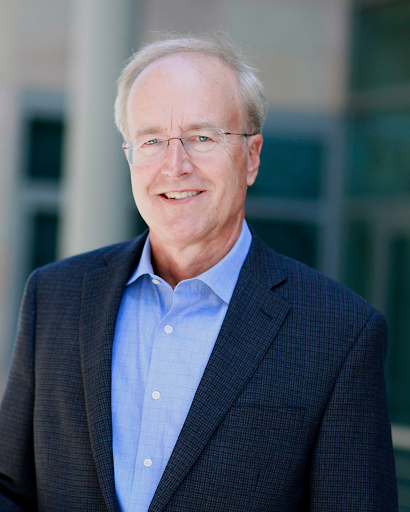Presented By: Michigan Quantum Research Institute Seminars
Quantum Research Institute | A New Era in Quantum Optics: From Topological Photonics to Correlated Materials
Mohammad Hafezi, University of Maryland

In-person; West Hall 411
Zoom: https://umich.zoom.us/j/98980765496
Abstract:
Quantum optics investigates the interactions between light and matter at their most fundamental level. In recent years, we have witnessed remarkable advances in controlling individual photons and other excitations, such as spin, charge, excitons, and phonons, in solid-state systems. While this progress has primarily been driven by quantum information science (QIS), its implications extend far beyond QIS. In this talk, I will present two key examples. First, I will review the field of topological photonics, highlighting how optical nonlinearity can give rise to unique bosonic phenomena—without electronic counterparts—such as topological frequency combs. Next, I will discuss how optical control techniques can introduce a radically new approach for preparing, detecting, and manipulating correlated electronic states. This includes new ways of inducing and enhancing magnetism, superconductivity, and topological phases in matter, as well as the prospect of addressing some of the long-standing questions in the field.
Bio:
Mohammad Hafezi is a Minta Martin Professor with a joint appointment in the Physics and Electrical and Computer Engineering Departments at the University of Maryland and a fellow of the Joint Quantum Institute. He studied at Sharif University before completing his undergraduate degree in École Polytechnique. He received his Ph.D. in Physics from Harvard University in 2009. His research interests include quantum optics, topological physics, condensed matter, and quantum information sciences. He is the recipient of several awards including the Sloan Fellowship, the Young Investigator Award of the US Naval Research Office, and the Simons Foundation Investigator.
Zoom: https://umich.zoom.us/j/98980765496
Abstract:
Quantum optics investigates the interactions between light and matter at their most fundamental level. In recent years, we have witnessed remarkable advances in controlling individual photons and other excitations, such as spin, charge, excitons, and phonons, in solid-state systems. While this progress has primarily been driven by quantum information science (QIS), its implications extend far beyond QIS. In this talk, I will present two key examples. First, I will review the field of topological photonics, highlighting how optical nonlinearity can give rise to unique bosonic phenomena—without electronic counterparts—such as topological frequency combs. Next, I will discuss how optical control techniques can introduce a radically new approach for preparing, detecting, and manipulating correlated electronic states. This includes new ways of inducing and enhancing magnetism, superconductivity, and topological phases in matter, as well as the prospect of addressing some of the long-standing questions in the field.
Bio:
Mohammad Hafezi is a Minta Martin Professor with a joint appointment in the Physics and Electrical and Computer Engineering Departments at the University of Maryland and a fellow of the Joint Quantum Institute. He studied at Sharif University before completing his undergraduate degree in École Polytechnique. He received his Ph.D. in Physics from Harvard University in 2009. His research interests include quantum optics, topological physics, condensed matter, and quantum information sciences. He is the recipient of several awards including the Sloan Fellowship, the Young Investigator Award of the US Naval Research Office, and the Simons Foundation Investigator.



